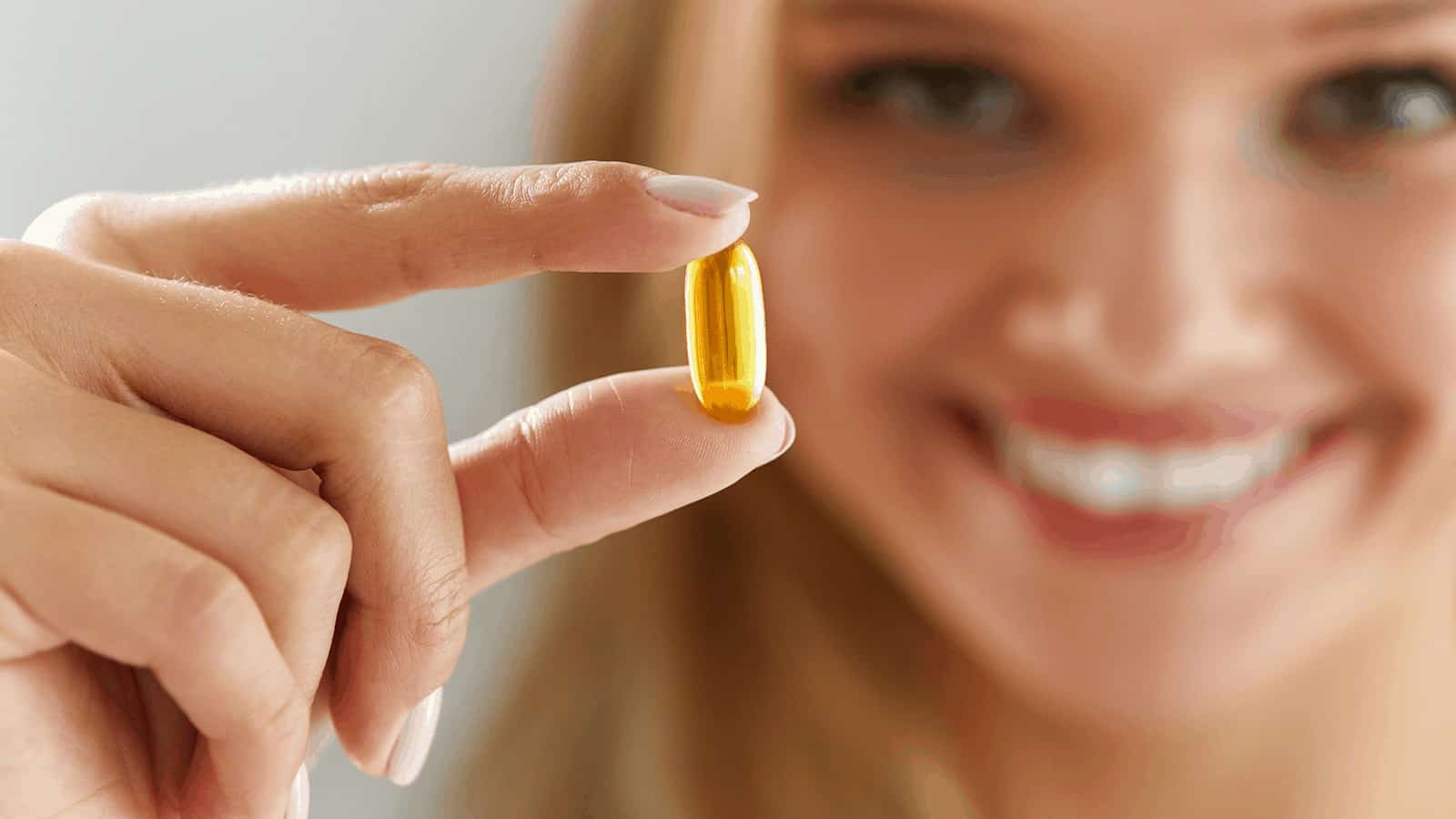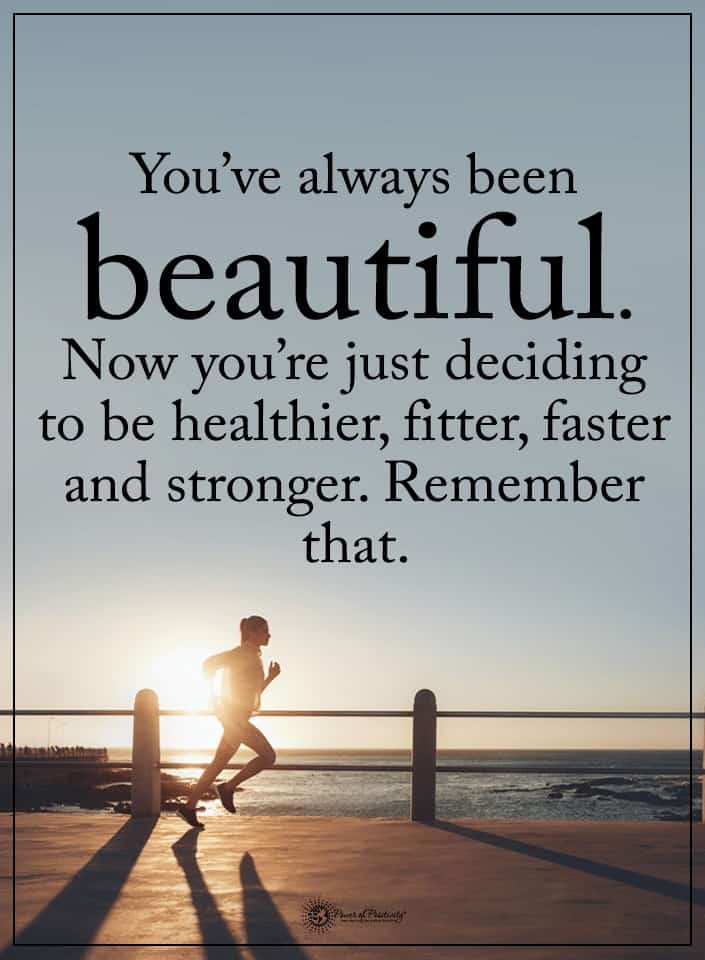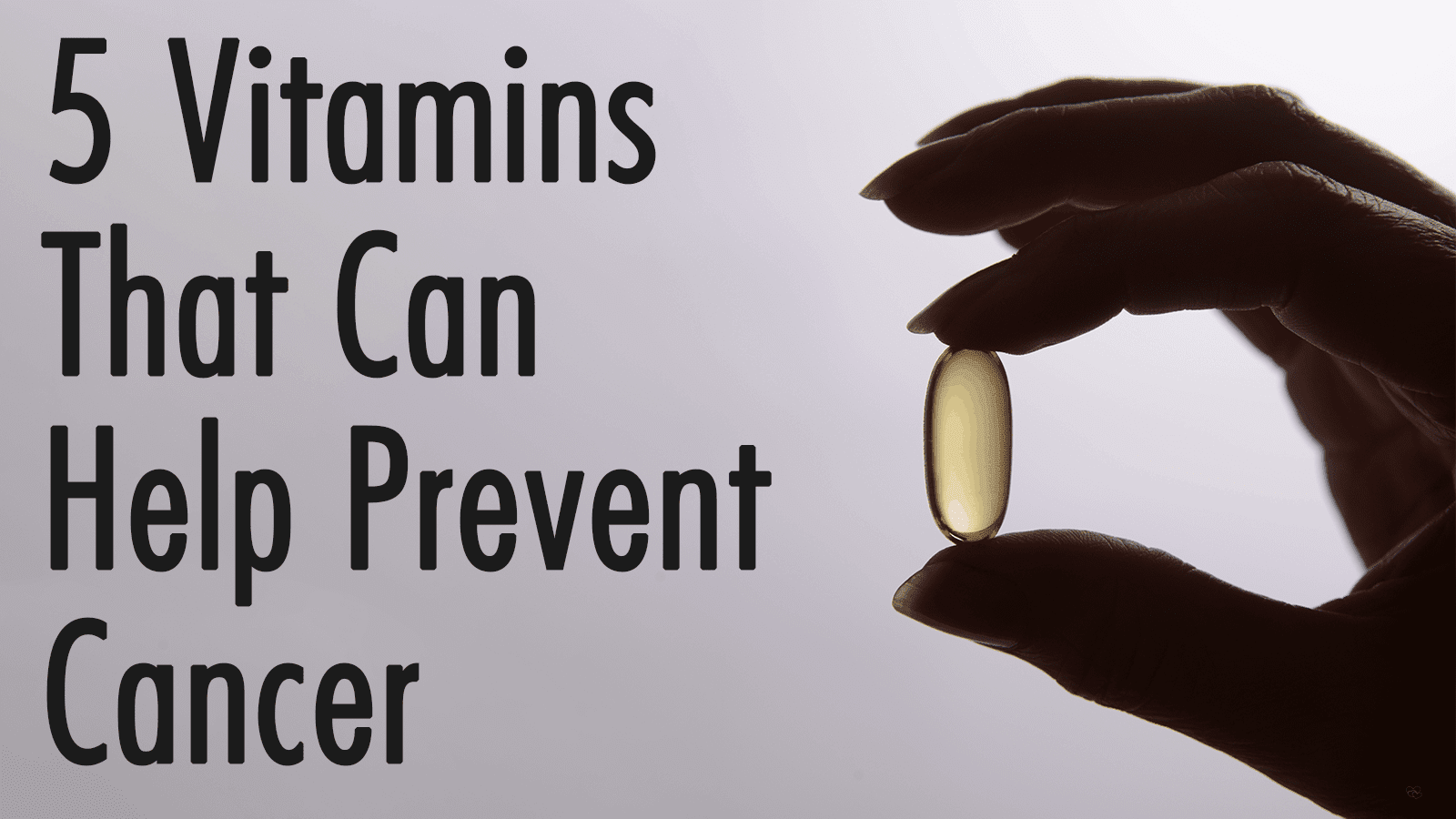There’s no way around the makeup issue. As we discuss supplements to benefit and beautify your skin, it serves well to clear the air about the do’s and don’ts of makeup usage. So here it is …
How to guarantee unhealthy skin: wear cheap makeup
“Of all the news coming from the beauty community, the loudest buzz may be about the power of vitamins, minerals, and other nutrients to give skin a more radiant, healthy, and, yes, youthful glow.” – WebMD
The truth is that makeup isn’t necessary for looking good – and it is potentially harmful to your skin. Here is a list of makeup ingredients to avoid:
- coconut diethanolamine (and other foaming agents)
- preservatives (e.g., formaldehyde, parabens, Quaternium)
- lanolin
- astringents (e.g., toners)
- scrubs and acids
A good rule of thumb, if you are going to wear makeup, is to look for products that are fragrance-free, hypoallergenic, and non-comedogenic. Makeup that fits this description is relatively harmless and even beneficial in some ways, such as protecting against UV rays.
Ten Skin-Boosting Supplements That Are Well Worth a Try
Here are ten supplements that will help support healthy skin.
1. Coenzyme Q10 (CoQ10)
CoQ10 is a potent antioxidant, neutralizing free radicals such as pollutants and other toxins that can damage the skin. CoQ10 helps to energize the skin, replenish cells, and protect against photo-aging – aging brought about by prolonged exposure to the sun.
While our body produces CoQ10 naturally, aging and stress drastically lower the body’s reserves. Ask your doctor or wellness professional if CoQ10 supplementation is proper for you.
2. Vitamins C & E
Vitamins C and E are excellent antioxidants that counter the effects of photo-aging. Both vitamins eliminate free radicals such as pollution, smoke, and sunlight, protecting against wrinkles and other effects of sun damage. Vitamin E acts as a natural moisturizer, soothing and nourishing the skin.
Sources of vitamin C include oranges, lemons, broccoli, cauliflower, and dark green vegetables. E sources include asparagus, nuts, olives, seeds, and vegetable oil.
3. Vitamin A
Vitamin A is crucial to the healthy look and feel of your skin. Critical to skin tissue maintenance and repair, studies show that vitamin A controls acne, reduces lines and wrinkles, and relieves symptoms of psoriasis.
The best sources of vitamin A are dark green veggies, tomatoes, fruits, dairy, and eggs.
4. Selenium
Yet another powerful antioxidant, selenium, can help protect our skin cells from damaging free radicals and other harmful compounds. The human body requires selenium as it cannot replicate the mineral. Sources include eggs, legumes, nuts, seeds, and soy.
5. Copper
Peptides are a natural growth hormone important to cellular production, and copper is a rich source of these hormones. Copper peptides actively seek out and eliminate sun-damaged skin cells. Additionally, they reverse the aging effect, stimulate skin cell genesis, and thicken the subcutaneous fatty layer of the skin.
Sources of copper include avocado, beef liver, dark chocolate, dried apricots, hazelnuts, sesame and sunflower seeds, and quinoa.
6. Biotin
Biotin is one of the most popular supplements for hair and nail health. Studies show that biotin could help strengthen and protect the skin, as well as help lessen the symptoms of brittle nails.
Dietary sources of biotin include eggs, nuts, red meat, and seeds.
7. Vitamin K
According to research published in the Journal of the American Academy of Dermatology, topical vitamin K supplements help with the appearance of dark circles under the eyes. They also reduce the effects of bruising. Subsequent studies demonstrated that vitamin K might be more effective when combined with vitamin A, reducing wrinkles.
Sources of vitamin K include asparagus, blueberries, dark leafy vegetables, edamame, lettuce, pickles, and pumpkin seeds.
8. Zinc
Topical applications of zinc are purported to help with many skin conditions. Supplementing with zinc may help treat acne and heal skin rash and lesions. Topical applications of zinc are possibly helpful for reducing the symptoms of herpes simplex and skin ulcers.
Dietary sources of zinc include eggs, legumes, nuts, poultry, seeds, and soy products.
9. Essential Fatty Acids (EFAs)
Per research conducted by Oregon State University, essential fatty acids (EFAs) are critical to the protection and “structural integrity” of the skin. Furthermore, EFAs – omega-3 and omega-6 fatty acids – are necessary for the skin to receive adequate hydration.
Supplements are the best source of omega-3 and omega-6 fatty acids. However, they can be found in fatty fish, flaxseed, chia seeds, olive oil, leafy vegetables, and walnuts.
10. Alpha-Lipoic Acid (ALA)
Alpha-Lipoic Acid, or ALA, is perhaps the most potent anti-aging, antioxidant, and anti-inflammatory. Applied topically, ALA thickens the skin membranes, resulting in firmer and healthier skin. ALA also reduces swelling and puffiness of the face. Finally, ALA helps regulate nitric oxide production, which controls blood flow to the skin. Regular application of ALA, then, can leave the skin looking more radiant than ever.
Final Thoughts on Supplements for Healthy Skin
The use of supplements for healthier skin can give you a certain glow your skin might otherwise lack. So feel free to incorporate these nutrients into your daily diet. At the same time, you should also be sure to remove your makeup, cleanse thoroughly, and spot-treat dry patches or acne. You will see results in a few weeks to a couple of months. Should skin concerns persist, contact your dermatologist–they will be able to perform a thorough skin exam and make the appropriate recommendations.




















